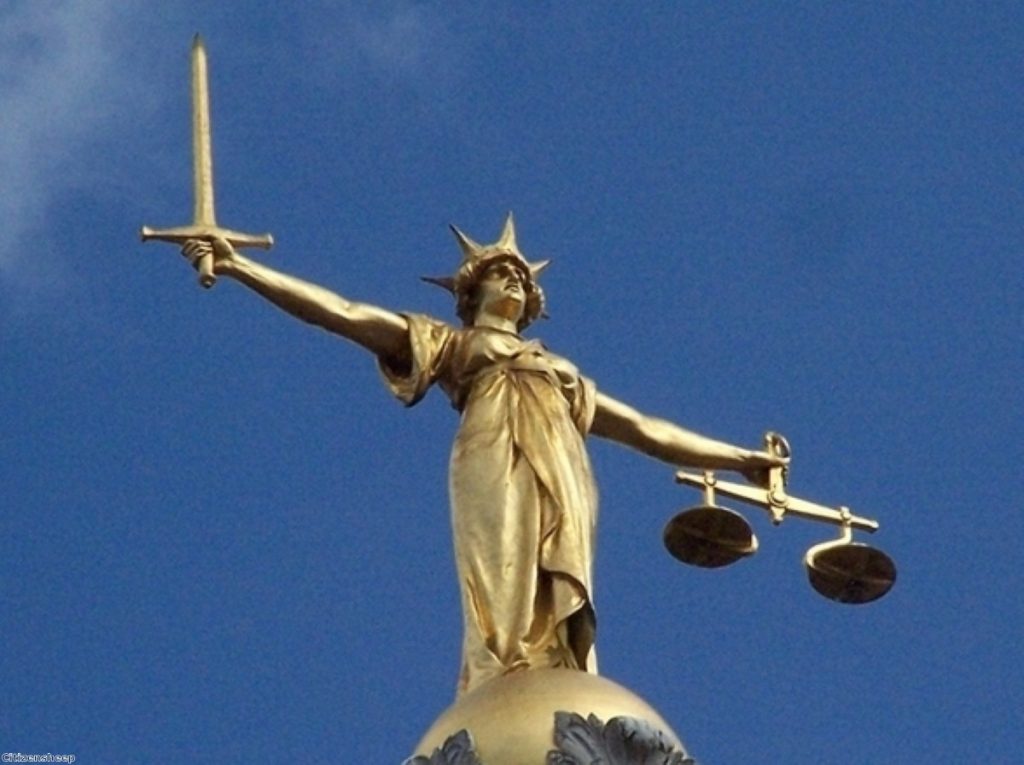Activists demand torture inquiry judge steps down
By Ian Dunt
Human rights activists have demanded that the man appointed to lead the UK torture inquiry steps down due to a conflict of interest.
In a letter to Sir Peter Gibsen, Clive Stafford Smith, human rights lawyer and legal director of Reprieve, tells the intelligence services commissioner that his role should disqualify him from investigating the very same matter he presides over.
“Each of those running the inquiry should be, like Caesar’s wife, not only virtuous but above any reasonable suspicion,” the letter, which was also sent to David Cameron, reads.


“The standard must be one of appearances, even if an individual feels personally that he could hold the balance.
“It is with great regret that I need to ask you to consider whether you ought to step aside from the inquiry.”
Sir Peter should be a witness to the inquiry rather than its judge, the letter argues.
Mr Stafford-Smith points to the precedent set by Lord Hope during the Pinochet case in 1999, where Lord Hoffmann was attacked for failing to declare a link with Amnesty International.
Judges should disqualify themselves where facts “can even by remote imagination infer a bias or interest in the judge”, Lord Hope argued.
The letter also raises a recent interview with David Milband in which the shadow foreign secretary mentions that Sir Peter has already conducted a secret internal review of some of the matters that will be considered in the inquiry in his role as intelligence services commissioner.
“Do you agree that you will be a highly material witness before any proper and fair inquiry?” the letter continues.
“You have been the intelligence services commissioner for more than four years. Your role has been to provide statutory oversight of the Security and Intelligence Services. During your tenure, they are many cases in which allegations of complicity in torture have been made.
“If you feel, as a result of these and any other issues, that you should disqualify yourself from sitting on the inquiry, no more need be said.”
The government hoped to start the torture inquiry, which will be partly held in public, by the new year, but first it has to mediate in several cases against the British government which are currently going through the courts.









